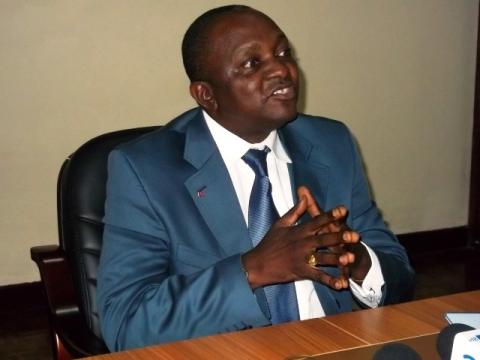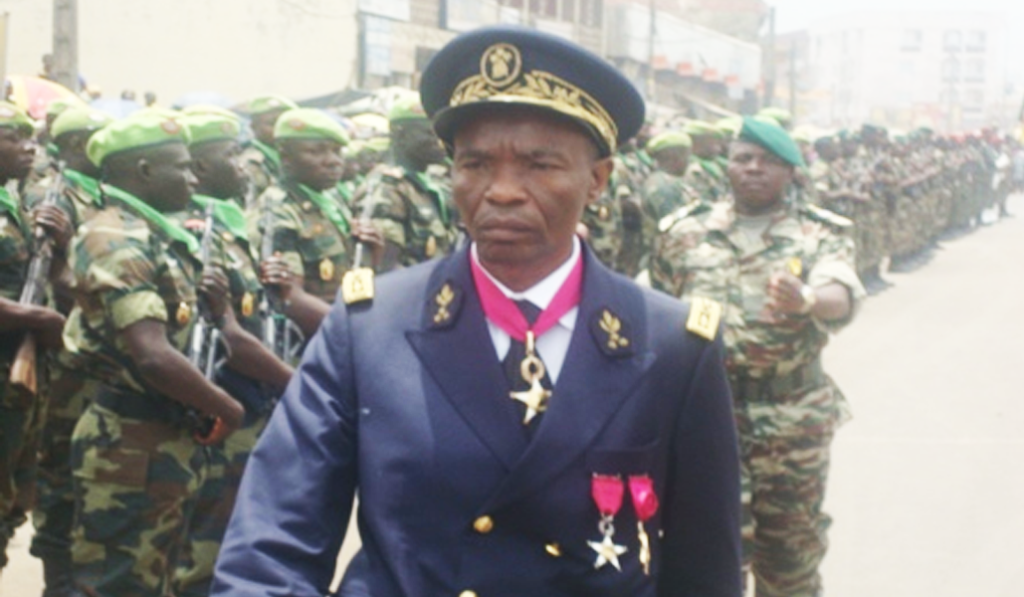Crushing of Chief-Turned-Colonial Soldier on Battlefield Exposes Deepening Rift Between Traditional Authorities and Local Communities
By Mbah Godlove
Southern Cameroons, May 6, 2025 — Traditional rulers have historically been seen as custodians of the people’s will, defenders of cultural values, and leaders of their communities in the territory now referred to by many as Ambazonia. However, growing evidence suggests that an increasing number of chiefs are perceived to have betrayed these expectations by siding with Cameroon’s state forces — a move that is costing them dearly.
Earlier this week, BN (Breaking News) reported the killing of two Cameroonian soldiers by Ambazonian freedom fighters near Ikata, a locality in Muyuka Local Government Area. The attack, which took place on Monday afternoon, was executed using a locally fabricated explosive device. In addition to the two fatalities, at least three other soldiers traveling in the same armored vehicle sustained life-threatening injuries.
BN has now reliably confirmed that among those killed in the attack was a local traditional ruler, identified as Chief Maliva, believed to be in his early 40s. His death has reignited fierce debate within the Ambazonian community about the role of traditional authorities during the ongoing struggle for independence.
Chief Maliva, who had reportedly enlisted in the Cameroonian military forces, is the second prominent traditional ruler from the Southern Zone to face dire consequences for supporting government forces. The first, Chief Muja Muja, famously fought alongside the Cameroonian army but now finds himself imprisoned in Yaoundé, detained by the very regime he once defended.
The death of Chief Maliva is being interpreted by liberation supporters as a stark warning to other traditional rulers who may be contemplating similar alliances with the Cameroonian state. Analysts suggest that local chiefs seen collaborating with the military are increasingly viewed not as neutral community leaders, but as active participants in the conflict — with all the risks that implies.
“The death of Chief Maliva sends a clear message,” said an Ambazonian political observer who spoke on condition of anonymity. “Traditional rulers who betray their people for personal gain or political favor will not be shielded from the realities of the liberation war.”
The incident also highlights a broader pattern of deepening mistrust between the population and traditional authorities, especially in the Southern Zone. In many areas, freedom fighters now view local chiefs with suspicion, believing that some have become informants or enablers of military operations against civilians and insurgents alike.
As the Southern Cameroons conflict enters its eighth year, with no sign of a negotiated settlement, loyalties are being tested across all levels of society. The tragic fate of Chief Maliva stands as a potent symbol of the complexities — and brutal choices — confronting communities caught between allegiance to tradition and the uncompromising realities of war.
Further updates on the situation around Ekata and the broader Moyuka area are expected as more information becomes available.





